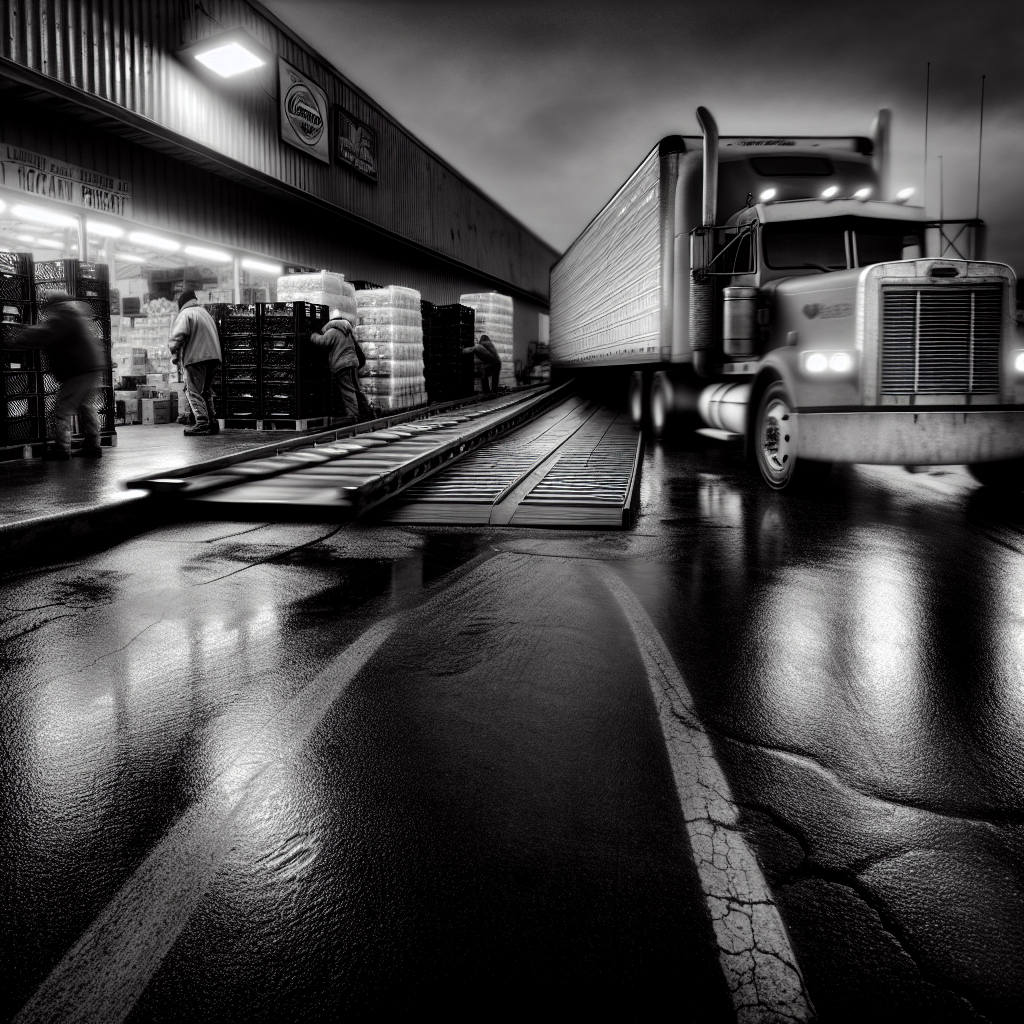DoorDash is moving beyond being a delivery marketplace and into operating fulfillment for retailers, converting its network of more than 100 DashMart locations into mini distribution nodes that handle inventory, pick-and-pack, and delivery. The company’s new DashMart Fulfillment Services went live this week with CVS Pharmacy and Party City, with Kroger slated to follow, signaling a sharper push into first‑party logistics.
The retailer play lands alongside two more logistics updates: an in‑house autonomous delivery robot called “Dot,” and a SmartScale device meant to verify order contents by weight before handoff — both aimed at improving accuracy and unit economics on short-haul drops. FreightWaves flagged the trio of launches as part of DoorDash’s latest logistics push.
The Kroger tie‑up flipped on October 1, adding nearly 2,700 stores — and their full grocery assortments — to DoorDash’s marketplace with delivery in as little as an hour. Analysts say the move intensifies pressure on Instacart by shifting a major grocer’s volume and loyalty mechanics into DoorDash’s ecosystem. For carriers and 3PLs, Kroger’s scale on DoorDash means more frequent, local restocking cycles to keep forward positions full.
DoorDash’s fulfillment model matters for trucking because it changes where and how inventory flows. Instead of shipping each order via parcel integrators, retailers can stage SKUs inside DashMarts for same‑day service. That creates steady, scheduled middle‑mile lanes to replenish those sites — a potential opportunity for regional LTL and dedicated contract carriers feeding urban and first‑ring suburban nodes. The end delivery stays on the Dasher network, but the upstream work of keeping DashMarts stocked plays to trucking’s strengths: short‑haul milk runs, crossdock transfers, and tight replenishment windows. (DoorDash’s announcement explicitly positions the company to “manage logistics end‑to‑end,” with Wolt offering a similar model abroad.)
Inside the four walls, DoorDash says DashMart Fulfillment Services supports orders placed on DoorDash or through a retailer’s own channel, with DoorDash handling inventory, picking and packing for near real‑time release to drivers. For retailers that don’t want to stand up micro‑fulfillment themselves, the offer is effectively a turnkey dark‑store network. Expect tighter order cycles and more frequent inbound pallet and case‑pick moves to these locations during evenings and weekends, when demand spikes.
The automation layer hints at where last mile is headed. DoorDash’s Dot robot — now running in the Phoenix area — is designed for low-speed neighborhood routes and can travel on sidewalks, bike lanes, and streets. Paired with the new SmartScale accuracy checks, it’s a bid to lower re‑delivery and customer service costs while broadening the modes DoorDash can dispatch for a given job. For fleets already experimenting with sidewalk bots or drone handoffs, that means future handover points may live even closer to the doorstep, with fewer human touches between pick and drop.
Retailers also get demand-side upside. Through “Dash Forward 2025,” DoorDash emphasized integrated loyalty and deal visibility (notably with Kroger banners) and framed fulfillment as a growth lever to reach new customers without building new logistics infrastructure. For trucking and logistics providers, that means more omnichannel volume pulled forward into local nodes — and a stronger case for dedicated middle‑mile capacity aligned to marketplace promos, holidays, and sudden viral demand.
What to watch next: how much volume migrates from store‑based picking to DashMart picking, and how DoorDash prices replenishment cadence to avoid stockouts during peak hours. If retailers lean into the model, expect incremental LTL and short‑haul activity into DashMarts near dense ZIP codes — and a continued tug‑of‑war with parcel carriers over who touches the “final cart.” The competitive reverberations are already visible in public markets as analysts frame the Kroger expansion as a direct challenge to Instacart’s intermediary role.
Sources: FreightWaves, DoorDash Investor Relations, MarketWatch, ABC News (AP), PYMNTS, AutoWeek
This article was prepared exclusively for TruckStopInsider.com. Republishing is permitted only with proper credit and a link back to the original source.





